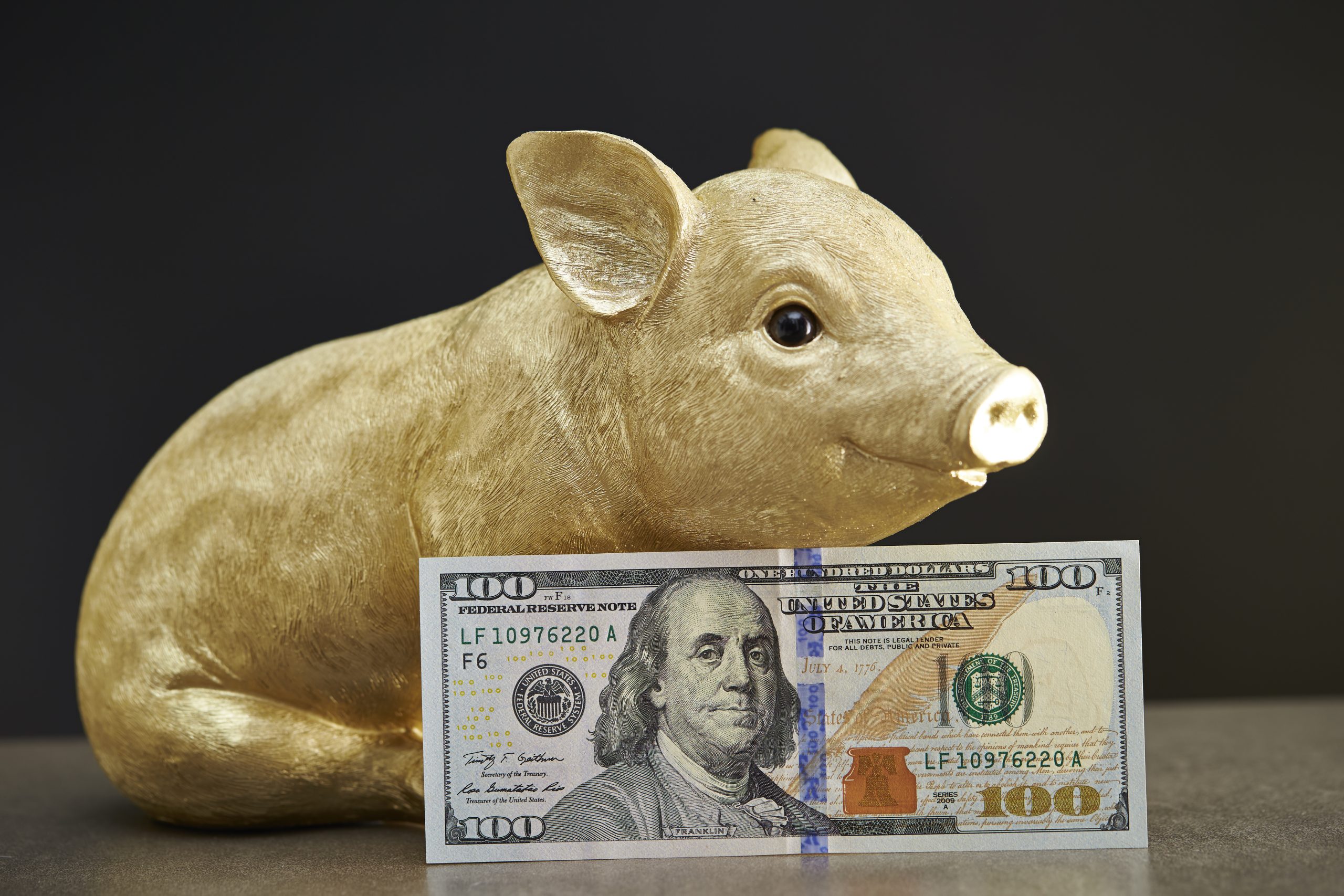**Tech Podcast Sparks Massive Donation to Fight Factory Farming**
A viral fundraising campaign, ignited by a tech podcast and fueled by prominent figures in the tech and philanthropy worlds, has injected over $2 million into the fight against factory farming. The initiative, spearheaded by influential tech podcaster Dwarkesh Patel, challenged his listeners to collectively donate $250,000 to FarmKind, a charity that funds organizations working to end factory farming practices. The response far exceeded expectations, with donations surpassing $2 million, highlighting a growing public awareness and concern surrounding the ethical and environmental implications of meat consumption. Among the notable donors were Stripe CEO Patrick Collison, professional poker player Liv Boeree, and Substack writer Noah Smith.
**Offsetting Guilt: A Novel Approach to Ethical Consumption?**
The campaign tapped into a rising trend: the desire to mitigate the perceived ethical cost of meat consumption. Many consumers experience guilt or cognitive dissonance related to their meat-eating habits, particularly given the often-cruel conditions associated with factory farming. FarmKind’s approach offers a potential solution, allowing individuals to offset this perceived harm through charitable giving. This strategy, however, presents both opportunities and challenges. On one hand, it channels significant resources into effective animal welfare organizations, bolstering their capacity to advocate for change and improve animal welfare standards. The substantial sum raised demonstrates the potential of this model to generate significant funding for a cause often under-resourced.
**Challenges and Ethical Considerations of “Carbon Offset” for Meat**
However, the “offsetting” approach raises complex ethical questions. Critics might argue that simply donating money doesn’t address the root problem of consumer demand driving factory farming practices. It’s a form of “ethical consumption” that allows individuals to maintain their current habits while assuaging their conscience. This raises concerns about potentially hindering the broader movement towards significant dietary shifts and systemic change within the meat industry. There are also questions about transparency and accountability within such initiatives. Ensuring that donated funds are used effectively and efficiently is paramount, demanding rigorous oversight and clear reporting from organizations like FarmKind.
**The Future of Ethical Meat Consumption and Philanthropy**
The massive success of Patel’s fundraising campaign underscores the potent combination of social media, influential voices, and public concern for animal welfare. While the “offsetting” approach is not without its critics, it has undeniably proven remarkably effective in channeling substantial resources to organizations actively working to improve animal welfare and challenge the factory farming system. The campaign’s success could inspire similar initiatives, potentially transforming the landscape of ethical consumption and philanthropy in the food sector. However, future efforts must prioritize transparency, accountability, and a holistic approach that combines charitable donations with broader systemic change to address the complex ethical and environmental challenges of meat production. This includes supporting policies that promote sustainable and humane farming practices and encouraging a shift towards more plant-based diets.
Based on materials: Vox





